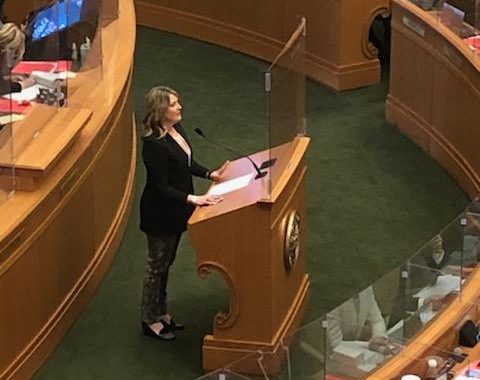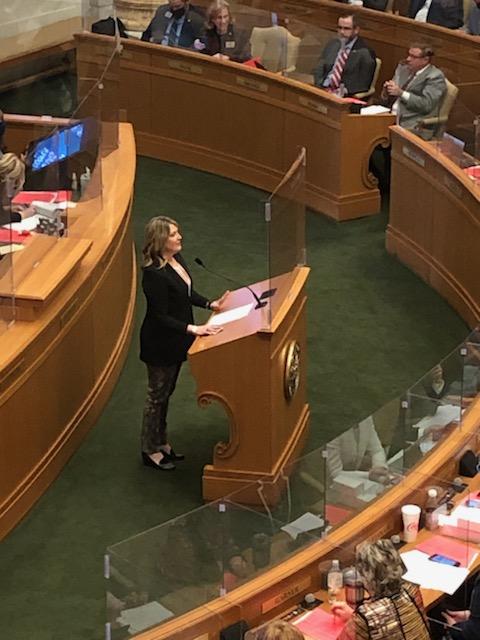Feminism Without Women?

Handmaid’s Tale author Margaret Atwood became a feminist icon for her dystopian novel in which women are enslaved for the purpose of childbearing. Her writing is both the basis for a hit Hulu series and the unofficial mascot of the #MeToo movement.
Recently, Atwood retweeted an op-ed criticizing the use of phrases like “pregnant person” instead of “woman.” “Why can’t we say ‘woman’ anymore?” the article’s author asked. And the backlash to Atwood’s retweet was swift and vicious. Opinion pieces in USA Today and the Independent called her everything from “misguided” to “transphobic.” She was compared with Harry Potter author J. K. Rowling, who has consistently rejected the trans narrative, and each of these onetime progressive heroines are now labeled a “TERF,” or “trans-exclusionary radical feminist.”
This conflict between the “F” and the “T” in the acronym is real. The feminism of Rowling and Atwood assumes that women are real and are oppressed by men. But those in the camp of T claim that “woman” is a self-identifying construct, which men can fairly appropriate. So what’s coming in this narrative? Will feminism eventually be edited to exclude women?
Copyright 2021 by the Colson Center for Christian Worldview. Reprinted from BreakPoint.org with permission.




